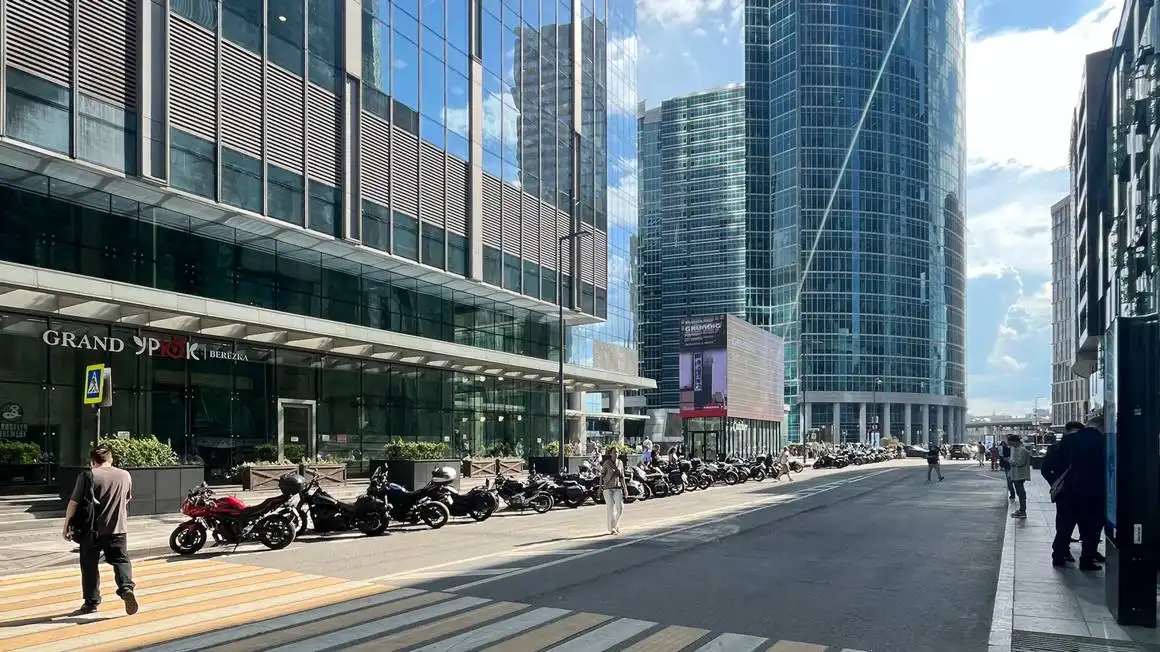Что такое CMS сайта ?
CMS (Content Management System) — это система управления содержимым сайта, которая позволяет управлять и редактировать контент на сайте без необходимости знания языков программирования. С помощью CMS можно создавать, изменять и публиковать страницы, добавлять новости, фотографии, видео и другие элементы контента. CMS также обеспечивает удобный интерфейс для управления различными функциями сайта, такими как шаблоны дизайна, настройки безопасности и управление пользователями. Некоторые из популярных CMS включают WordPress, Joomla, Drupal и Magento.
Сайты без CMS ?
Сайты без CMS создаются с использованием языков программирования, таких как HTML, CSS, JavaScript и PHP. В этом случае все изменения на сайте должны быть внесены вручную, без возможности использования удобного интерфейса управления контентом. Создание и поддержка таких сайтов требует высокой квалификации в области программирования и может быть достаточно трудоемким процессом. Однако, некоторые компании предпочитают использовать этот подход для создания сайтов, чтобы получить полный контроль над всеми аспектами сайта и создать уникальный дизайн и функциональность.
Преимущества у сайта с CMS и сайта без CMS
Преимущества сайта с CMS:
- удобный интерфейс управления контентом, который позволяет быстро и легко добавлять, изменять и удалять контент на сайте;
- возможность использования готовых шаблонов дизайна и функциональности, что ускоряет процесс создания сайта;
- возможность расширения функциональности сайта с помощью плагинов и модулей;
- обновление CMS и ее компонентов обеспечивает безопасность сайта и защиту от уязвимостей.
Преимущества сайта без CMS:
- полный контроль над всеми аспектами сайта, включая дизайн и функциональность;
- возможность создания уникального дизайна и функциональности, которые не ограничены шаблонами;
- более высокий уровень безопасности, так как нет зависимости от обновлений CMS и ее компонентов;
- возможность оптимизации сайта под конкретные потребности и требования.
Как взламывают сайты ?
Существует множество способов взлома сайтов, но некоторые из наиболее распространенных включают:
SQL-инъекции: злоумышленники могут использовать несанкционированные SQL-запросы для получения доступа к базе данных сайта и изменения или удаления данных.
Кросс-сайт-скриптинг (XSS): злоумышленники могут внедрять скрипты на страницы сайта, которые могут использоваться для перенаправления пользователей на вредоносные сайты или для кражи личной информации.
Фишинг: злоумышленники могут создавать поддельные страницы, которые выглядят как официальные страницы сайта, чтобы получить доступ к логину и паролю пользователя.
Взлом паролей: злоумышленники могут использовать слабые пароли или методы перебора паролей для получения доступа к учетной записи администратора сайта.
Уязвимости в CMS: если CMS не обновляется регулярно, то злоумышленники могут использовать известные уязвимости для получения доступа к сайту.
Межсайтовая подделка запросов (CSRF): злоумышленники могут отправлять поддельные запросы на сервер, чтобы изменять данные на сайте без разрешения пользователя.
Для защиты сайта от взлома необходимо регулярно обновлять CMS и ее компоненты, использовать сложные пароли, проверять входные данные на наличие вредоносных скриптов и устанавливать дополнительные меры безопасности, такие как SSL-сертификаты и двухфакторную аутентификацию.




